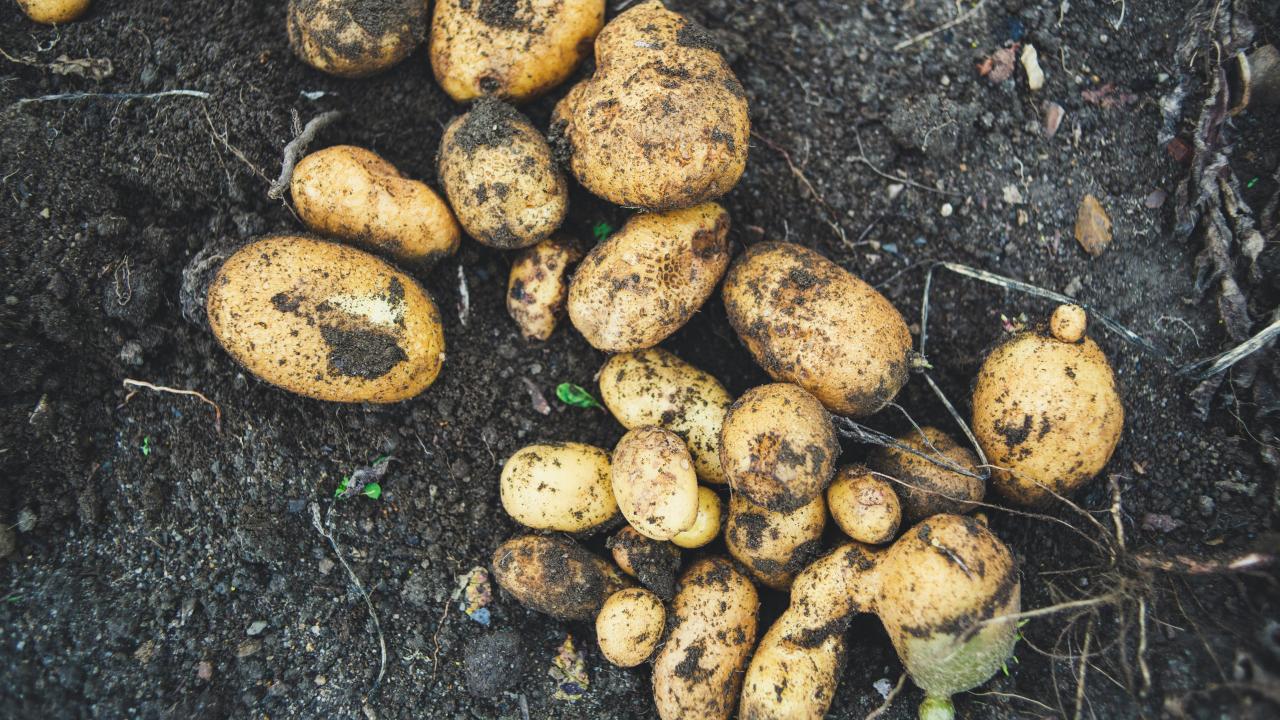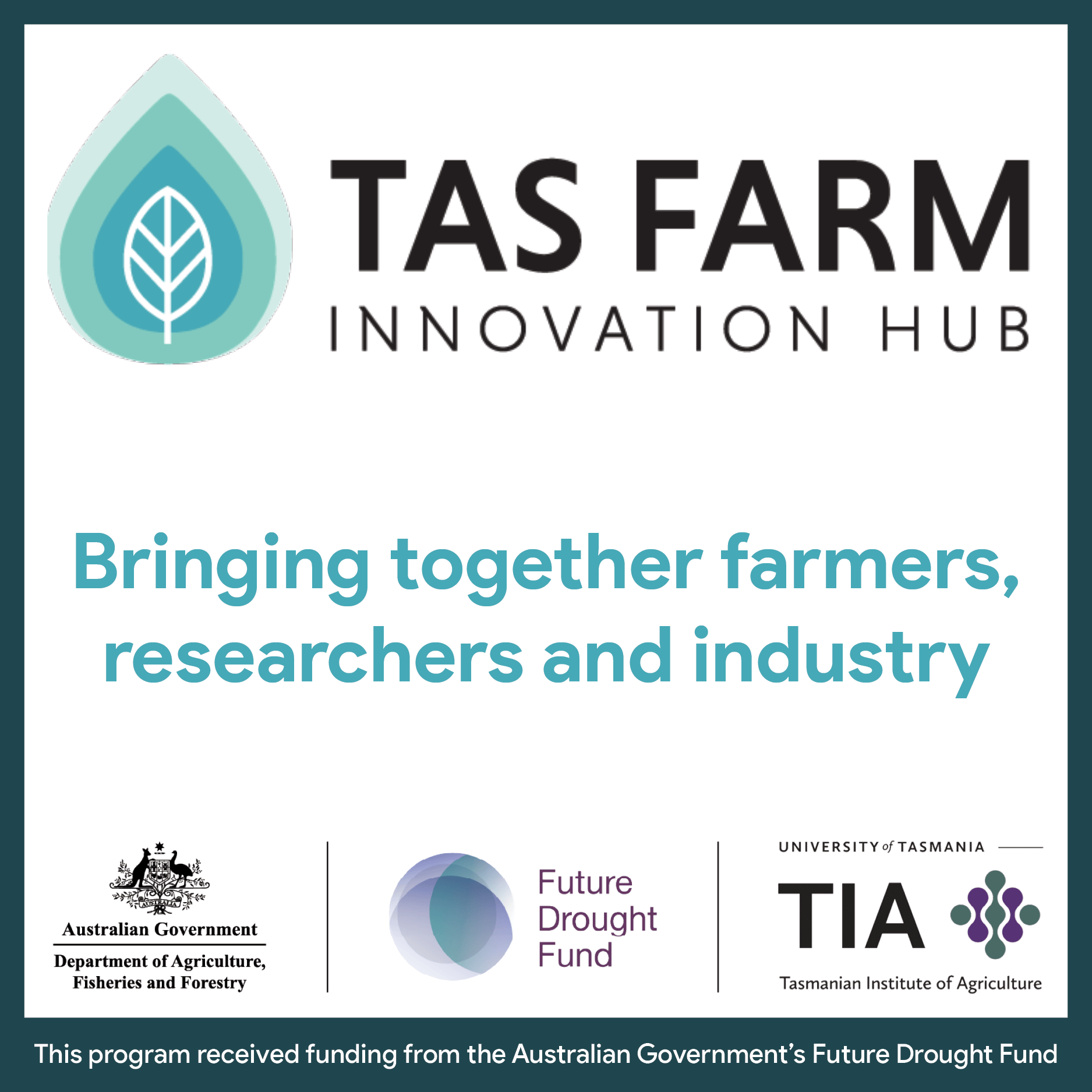TasFarmers Matters - Weighing up risk and reward

The announcement that potato mop-top virus has been discovered in Tasmania is a timely reminder of the risks the state’s primary producers need to take on and manage when growing produce in the state.
Without adequate reward in the form of price at the farm gate, producers will always be re-evaluating if producing a crop provides them with enough return to justify any risk associated with producing that commodity.
Potato mop-top virus is a plant virus that can affect the leaves, shoots and tubers of growing potato plants, ultimately reducing the quality and price return of the harvested potatoes.
The virus is transmitted by a soil-borne pathogen, which also causes powdery scab in potatoes.
Its detection in the state is of huge concern, as this is not only the first time it has been detected in Tasmania, but also Australia.
As the peak industry association representing Tasmania’s primary producers, TasFarmers has been clear with Biosecurity Tasmania that farmers must be consulted regarding the next steps in containing and responding to the incursion.
Growers have the greatest skin in the game when it comes to the impact of the virus and should be part of determining the response plan and the investigation into how the virus was introduced to the country.
The incursion also highlights the need to make sure that Australia’s Biosecurity border controls are fully funded to ensure primary producers are protected from international threats.
TasFarmers has long held the view that costs associated with protection of our borders should be passed on to importers wishing to bring potential risk to the country and not by local producers.
Further to this, our border controls should be protected at all costs and not watered down as part of any international trade negotiations.
TasFarmers, as always, is supporting producers across the state negotiating price and supply terms for vegetables grown for the state’s processors.
This incursion is a timely reminder that as part of negotiations, the risk that growers take on when deciding to supply vegetable processors must be recognised.
Without a fair price that reflects the cost of production and potential risks of crop failure, growers will quite rightly question if there is another commodity choice they could make that makes better commercial sense.
Farmers must be given a fair go and have the opportunity to generate a fair return for their hard work feeding the nation.




Add new comment